- 357 Posts
- 88 Comments

 6·7 days ago
6·7 days agoThe real change in retail pricing might be discrimination pricing (or ‘surveillance pricing’ as it is now called sometimes). Simply speaking, it uses personal data to personalize prices not just for each customer, but also for each customer depending on actual circumstances such as day time, weather, an individual’s pay day, and other data, collected through apps, loyalty cards, …
As one article says, there is One Person One Price:
"If I literally tell you, the price of a six-pack is $1.99, and then I tell someone else the price of a six-pack for them is $3.99, this would be deemed very unfair if there was too much transparency on it,” [University of Chicago economists Jean-Pierre] Dubé said. “But if instead I say, the price of a six-pack is $3.99 for everyone, and that’s fair. But then I give you a coupon for $2 off [through your app] but I don’t give the coupon to the other person, somehow that’s not as unfair as if I just targeted a different price.”
The linked article is a very long read but worth everyone’s time. Very insightful.

 12·9 days ago
12·9 days agoI am thinking the same. Must be some sort of Streisand effect :-)

 2·11 days ago
2·11 days agoYeah, and not to forget:
One interviewee admitted to paying for access to a data set. “I bought access to an official archive and altered the data to support my hypotheses.”

 6·29 days ago
6·29 days agoTrump had 4 years to seriously do it, but nothing happened. It’s just a footnote in his election campaign.

 122·30 days ago
122·30 days agoWhat would we use it for? There aren’t too many use cases imho.

I deleted the most part of the text.
Just a question: Should longer texts not be posted as a principal or is it because it crashes some Lemmy apps?

 1·1 month ago
1·1 month agoIsraeli activists battle over Gaza-bound aid convoys
Months after some Israelis started to protest against aid lorries entering Gaza at the main Kerem Shalom crossing, the battle has moved to other key junctions, where rival groups of activists do their best to block or protect aid convoys […]
Right-wing activists, including Jewish settlers living in the occupied West Bank, have uploaded dozens of videos of crowds, including some very young children, hurling food onto the ground and stamping on boxes of aid.
You’ll find a short video embedded in the linked article.

 5·1 month ago
5·1 month agoI doesn’t seem so given Israeli officials’ statements. But it will have a long-term political impact if Israel ignores that imho. It could lead to a higher degree of ‘diplomatic isolation’ for Israel and its allies for a long time. That’s just my opinion. And there’re arrest warrants, too.

 8·1 month ago
8·1 month agoWith the announcement by Norway and Ireland that they have recognised Palestine as an independent state, and Spain expected to follow suit by the end of May, it appears that international momentum for a two-state solution to the Israeli-Palestinian conflict is growing.
The concept has long been supported by the US and its allies, as well as most Arab states and the United Nations […] Could things be different under different leadership? To answer this, we need to know whether the Israeli and Palestinian people could be persuaded to accept such a plan. Here it’s worth taking a look at what polling tells us.

 2·1 month ago
2·1 month agoJust stumbled upon this:
Academic calls for upgrade to sewage systems to protect health
The risk to public health from human faeces in our [UK] rivers and seas will increase without action to create a wastewater system fit for the future, according to Professor Barbara Evans, Leeds’ Professor of Public Health Engineering at the University of Leeds.
The report [led by Professor Evans]says collective action by industry, government, public bodies and the general public is required. It makes 15 recommendations, including: review current bathing water regulations; prioritise maintenance of the existing sewage network; return to collecting widespread data on faecal bacteria; develop a long-term strategy for better designing cities to reduce flooding, and the appointment of a dedicated wastewater champion.
Here is the report (pdf).

You can’t build and scale a start-up fast enough, say, in case of a crisis. Furthermore, China will use such investments to gain political influence in the foreign country -in that case Canada-, and they won’t stop in this particular industry. Countries must think more in vertically-integrated supply chains and strategic clusters rather than in industries, and they must include geopolitical issues.

 2·1 month ago
2·1 month agoThere is much evidence about this and a strong body of research. As researcher in the Journal of Democracy write, for example:
China’s Threat to Global Democracy (here is the [archived link](China’s Threat to Global Democracy))
China’s economy is slowing, and the regime is coming under greater domestic pressure—witness the large-scale protests that broke out against Xi’s covid-zero policy in multiple cities and on dozens of university campuses in late 2022. Beijing is encountering growing international criticism and resistance on other fronts as well. Around the world, negative views of China have surged to highs not seen since the 1989 Tiananmen Square Massacre […]
China’s rulers also have long understood what political scientists have proven empirically: Autocracies often fall in waves, as revolutionary activity in one country inspires popular uprisings in others […]
The CCP has responded with stepped-up repression over the past decade—jailing dissidents, mobilizing security forces, censoring information, and preempting popular unrest. Yet China is now strong enough that it can do more than just hunker down in the face of foreign pressure. Xi believes that the CCP’s domestic power will be enhanced if authoritarianism is prevalent and democracies are dysfunctional—fellow despots will not punish China for rights abuses, and the Chinese people will not want to emulate the chaos of liberal systems. He thinks that preventing revolts against authoritarianism in other countries will lower the odds of such a revolt erupting in China. And he believes that silencing critics abroad will limit the challenges facing the CCP within China. Xi sees rolling back democracy overseas as part of his plan to secure his regime at home […]
Beijing spends billions of dollars annually on an “antidemocratic toolkit” of nongovernmental organizations, media outlets, diplomats, advisors, hackers, and bribes all designed to prop up autocrats and sow discord in democracies. The CCP provides fellow autocracies with guns, money, and protection from UN censure while slapping foreign human-rights advocates with sanctions. Chinese officials offer their authoritarian brethren riot-control gear and advice on building a surveillance state; PRC trade, investment, and loans allow those dictators to avoid Western conditionality regarding anticorruption or good governance.
Beijing uses its globe-spanning media organs to tout the accomplishments of illiberal rule while highlighting democratic governments’ flaws and hypocrisies. China works with fellow authoritarian regimes, such as Vladimir Putin’s in Russia, to push autocrat-friendly norms of internet management in international institutions and standards-setting bodies.
These are some quotes, but whole article makes an interesting read.

 2·1 month ago
2·1 month agoThis is not ‘only’ about trade or dominance in a particular market such as EVs or solar panels. China aims to leverage market dominance for political influence. The Chinese government wants to export not just products but its autocratic system.

 11·1 month ago
11·1 month agoThey have to stop the use of forced labour in China, the U.S. and wherever this bs happens. This “U.S. bad, China bad okay” stance is unbearable.

 14·1 month ago
14·1 month agoThis is related, particularly as the discussion is to a large part around cheap cars:
China: Carmakers Implicated in Uyghur Forced Labor - (February 2024)
China’s electric vehicle battery supply chain shows signs of forced labor, report says - (June 2023)

 4·1 month ago
4·1 month agoProbably, but as the article’s authors say, hate “does not mean rage, anger or general dislike”. It appears to be a different concept.

 3·2 months ago
3·2 months agoIs anyone surprised?

 9·2 months ago
9·2 months agoHere’s an alternative link: https://www.eurasiareview.com/02052024-gazans-face-new-terror-threat-from-booby-trapped-cans-of-food
BUT: It seems that the UN deleted the article.
When looking for an alternative link, I found also this: https://www.politifact.com/factchecks/2024/feb/01/instagram-posts/no-viral-footage-doesnt-show-explosives-disguised
Social media posts claim footage from Gaza shows explosives disguised as food cans, but there are no visible labels or pictures on the metal cylinders to suggest they contain food.
Experts on military strategy and the Middle East said the metal cylinders seen in photos and videos online are likely containers for M603 fuzes, which are designed to detonate landmines. Footage shows one of the cans is labeled “fuze mine.”
The fuzes are not designed to explode if a person opens the container. It requires 140 to 750 pounds of force to ignite the fuze and trigger an explosion.
I’m sorry, seems that you can’t trust the UN news?


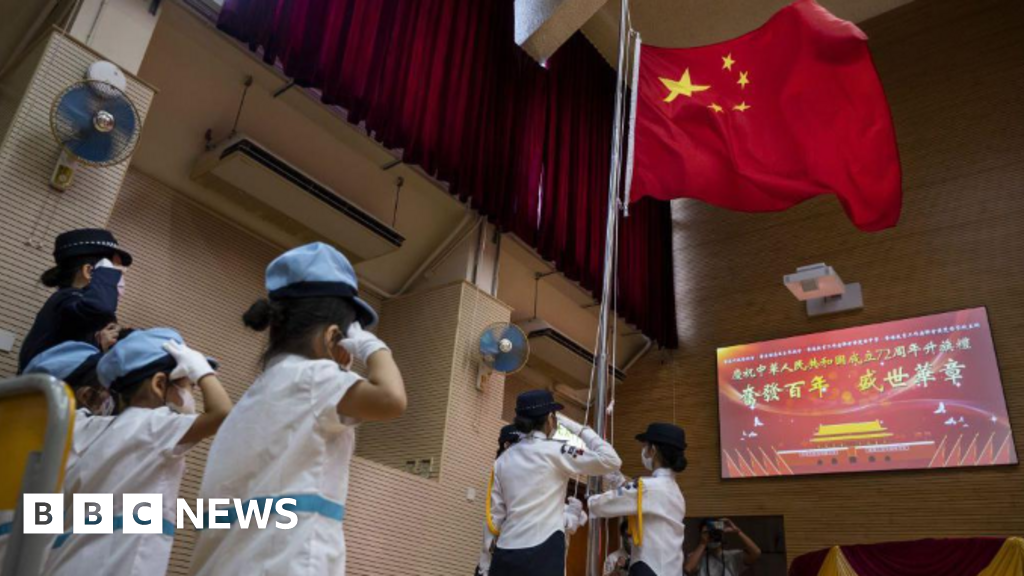

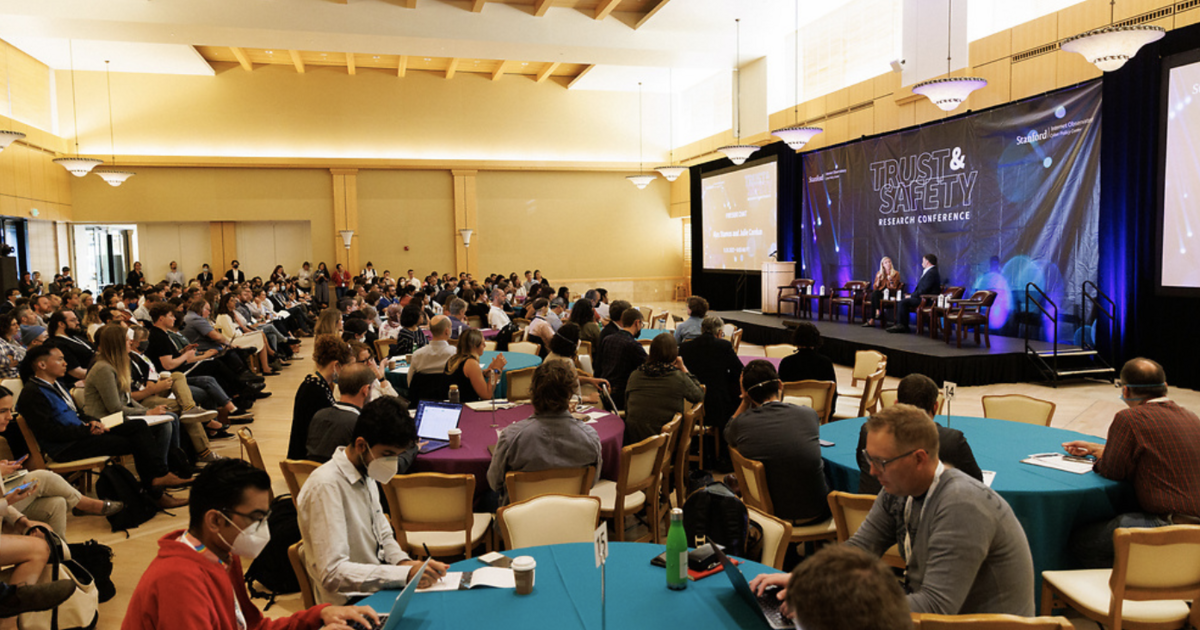
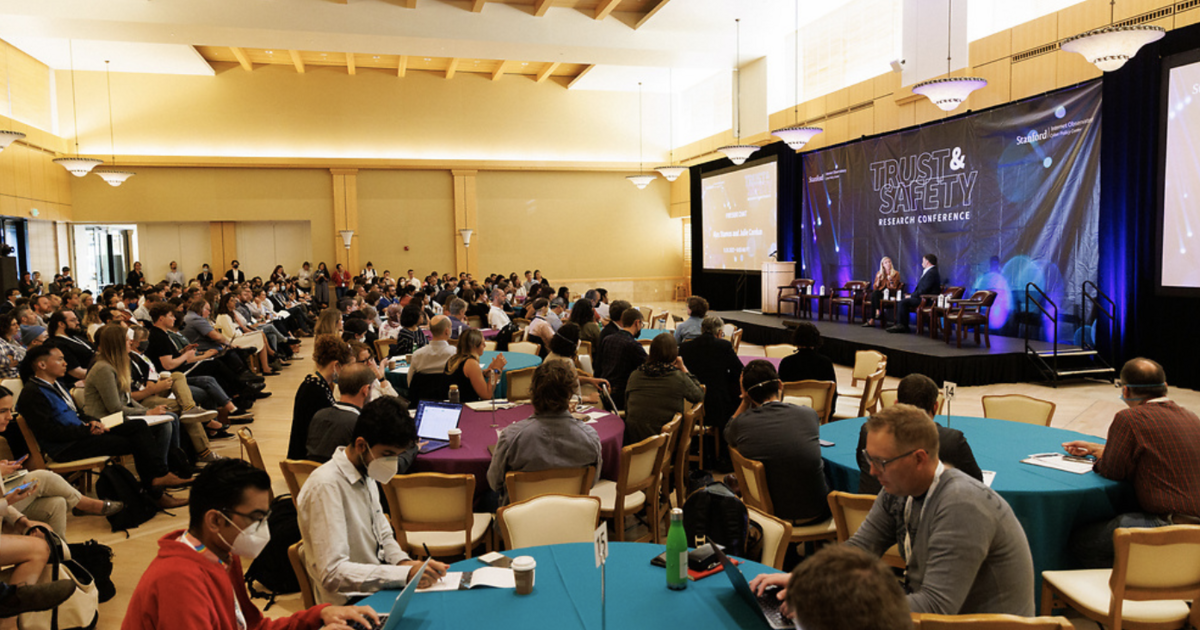

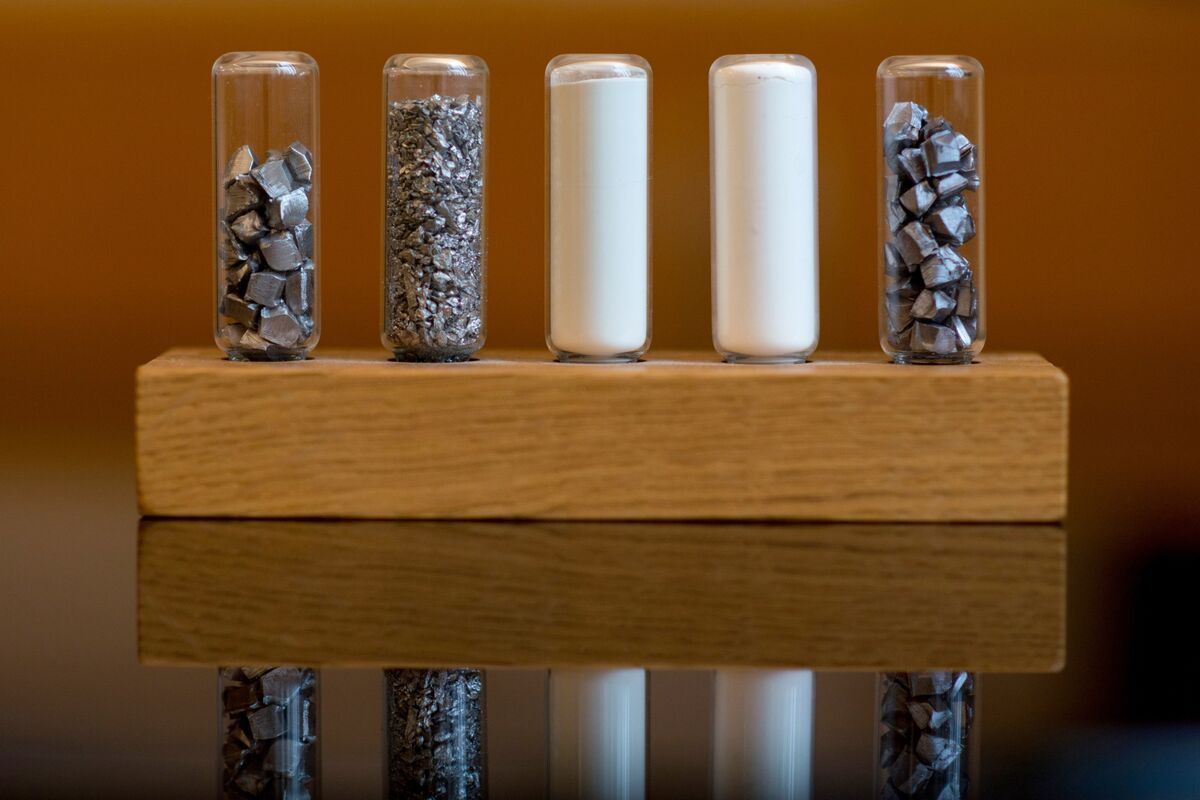

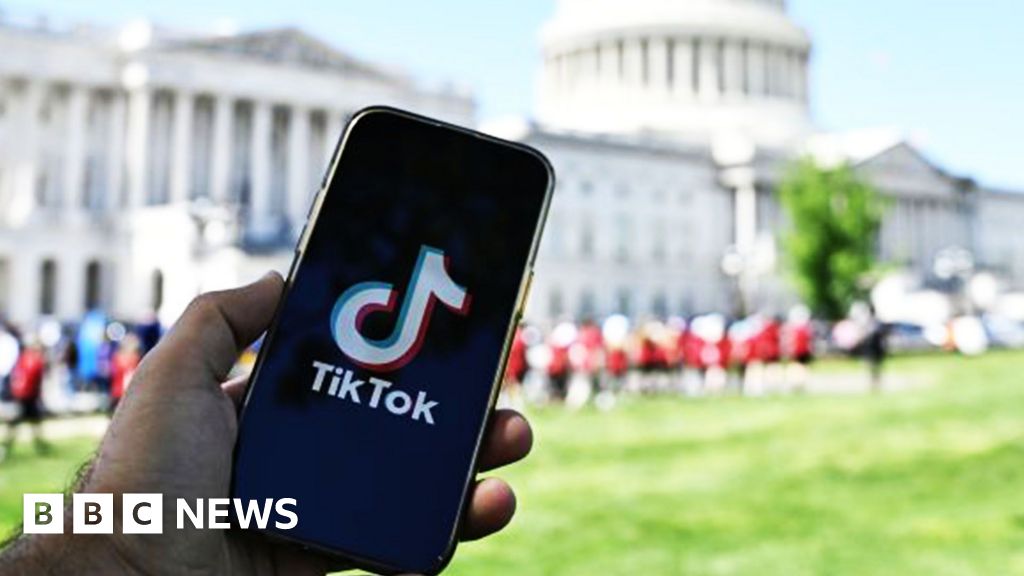
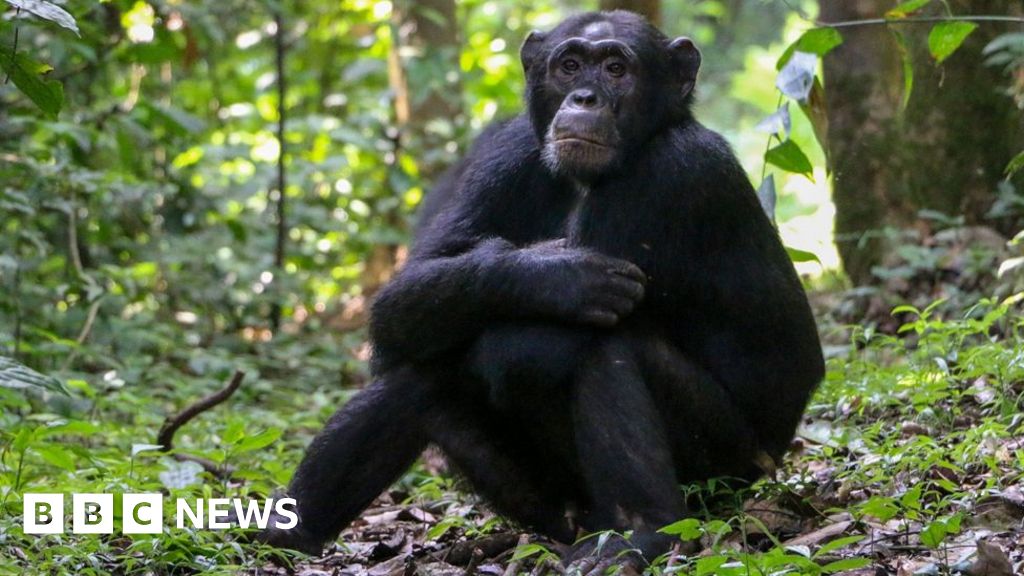



Competition aka market economy only works if every player respects the same rules. It’s obvious that this isn’t the case here. TikTok -the ‘Western’ version of ByteDance’s product- isn’t allowed even in China as you will know. So why does TikTok complain if it gets banned in the West, while it seems fine to be banned in China? Isn’t that a double standard?
Also, if we’re talking about competition, then this doesn’t work in a centrally planned economy like China’s. The competition argument coming from a Chinese perspective isn’t valid, as it is the Chinese government itself which rejects exactly this very competition for itself.